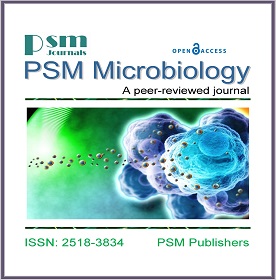Fecal Coliform Contamination of Drinking Water in Karachi, Pakistan
Keywords:
Fecal Coliform, Drinking water, Bacterial contamination, E. coli, Water sources.Abstract
Water is one of the most essential nutrients present in the world for the survival of mankind. But nowadays this nutrient is the source of many water-borne diseases that seriously affect human beings. Many pathogenic microorganisms contaminate the drinking water, washing water, and food processing water. Water-borne diseases like botulism, cholera, diarrhea, and typhoid, etc. can severely affect human health. In this study, different water samples were collected in 4 different groups based on seasons from June 2018 to August 2020. The water samples were processed for the detection of fecal coliforms. The results demonstrated that In group 1, among a total of 100 collected samples, 31% were fit (potable) whereas the unfit samples (non-potable) were 69%. In group 2, from 84 total samples, 38.09% were fit while 61.9% were unfit. In group 3, out of 135 water samples, the fit and unfit samples were 39.2% and 60.7% respectively. Whereas, in group 4, among 165 collected samples, the fit and unfit samples were 35.15% and 64.84% respectively. We observed that most of the water samples which were collected in the summer season were unfit for drinking purposes as compared to the winter season because the environmental temperature was high which lead to an increase in the number of microorganisms in drinking water indicating inappropriate processing and chlorination of drinking water. Therefore, an awareness campaign is necessary, and the contaminated sources should be replaced in order to provide safe drinking water to the people.
Downloads
Downloads
Published
How to Cite
Issue
Section
License
Copyright (c) 2021 PSM

This work is licensed under a Creative Commons Attribution-NonCommercial 4.0 International License.




